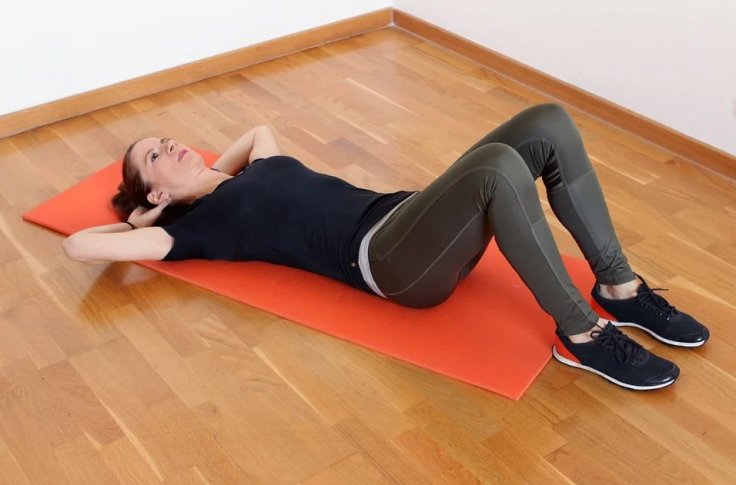The World Health Organization (WHO) has issued new guidelines in terms of exercise during the COVID-19 pandemic. Hinting at lack of exercise, WHO stated that up to five million deaths can be prevented if people live active lives.
WHO stated that people should stop using COVID-19 pandemic as the reason for not exercising. Instead, it released a new set of guidelines on physical activity and sedentary behavior urging people to live a healthy life.

"Launched today the new 2020 WHO Guideline on physical activity and sedentary behaviour - a clear message for all," said Fiona Bull, Head of Unit, Physical Activity, WHO.
Launched today the new 2020 WHO Guideline on physical activity and sedentary behaviour - a clear message for all #EveryMoveCounts #BeActive @WHO @ncdalliance @iocmedia @WFSGI @IHRSA @hepaeurope @Europe_Active @ISCA_tweet @DisinSport @TafisaOffice pic.twitter.com/ZgRxkC1bbW
— fiona bull (@fiona_bull) November 26, 2020
These guidelines are said to be evidence-based recommendations that will help children, adolescents, adults and elderly people in ensuring health benefits and limiting health risks. Following a study, WHO found that one in four adults and four out of five children refrain from any physical activity.
WHO New Guidelines
According to WHO, all adults must indulge in 2.5 hours to 5 hours of exercise per week, which means 30 to 40 minutes of physical activity every day. The international organization recommended moderate to vigorous aerobic activity. It stated that children must have at least 1 hour of exercise or physical activity every day. Adults are also asked to perform muscle-strengthening activities. Children should concentrate on muscle building exercises along with strengthening of bones, WHO stated.
However, those above 65 years must try to do exercise or indulge in activities that help them balance body movements and achieve better coordination including muscle-strengthening exercises. This will help them prevent frequent falls and improve their health, it said.
As per the guidelines, pregnant and postpartum women must make sure to get exercise of 20 minutes in the form of moderate aerobic exercise every day. It also said that regular exercise will help people manage conditions of obesity, heart disease and also control type-2 diabetes.
Physical exercise also can boost mental health by reducing symptoms of depression and anxiety, along with improving the memory power, it said. The new guidelines are meant to be followed by everyone who is above 5 years of age irrespective of gender, cultural background or socio-economic status.









